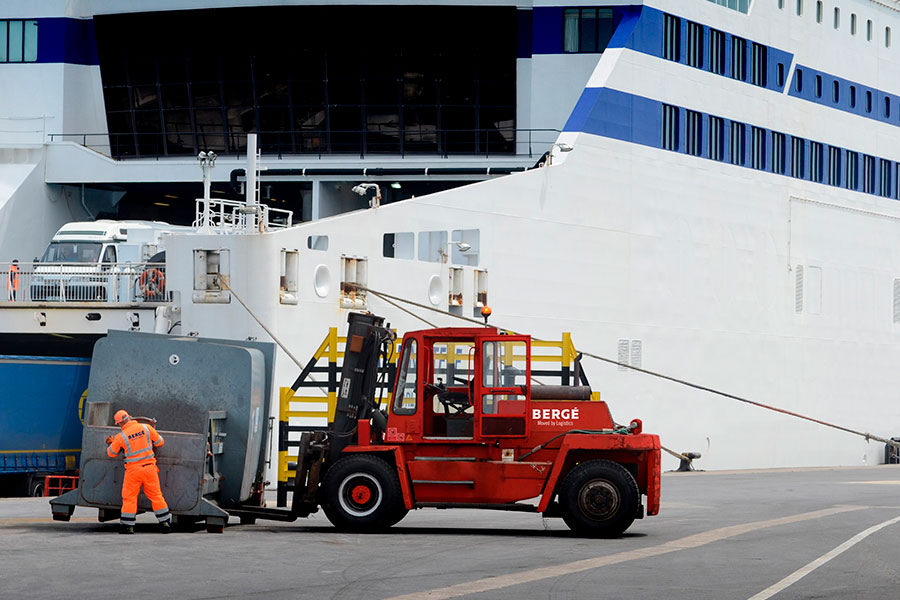- The company is committed to this sector for the recovery of tourism in Spain
- It will take part as a sponsor in the sector’s main event in Europe, which is to be held on 1st and 2nd December
BERGÉ will actively help to design the post-COVID-19 strategy for the cruise sector during the International Cruise Summit in Madrid, the sector’s main event in Europe which will be held in hybrid mode on 1st and 2nd December, with in-person and online attendance.
In this context, BERGÉ, which manages 16% of the cruise ships arriving in Spain with more than one million passengers on board on an annual basis, stresses that, in addition to the reopening of several lines under strict health controls, it will be necessary to carry out coronavirus tests prior to boarding, both for passengers and crew, on ships with a capacity of over 250 passengers.
These new measures will serve to restore customer confidence and encourage business in the sector, given that it was one of the hardest hit by a pandemic that forced shipping companies to cancel all their routes.
BERGÉ, as a sponsor of the Summit, is committed to this sector for the recovery of tourism in our country, where more than 10.5 million cruise passengers arrived each year before the pandemic. In fact, the cruise industry had been generating business of close to 4.5 billion euros per year and creating some 33,400 jobs.
Over these two days, senior management professionals from the main companies in the sector will share their views on the safe return of operations, new strategies for cruise companies, day trips and destinations, new investments, fleet modification and formulas to restore customer confidence.
BERGÉ already has over 25 years of experience in providing logistical support to cruise ships and has become one of the most important agencies in Spain, operating more than seven hundred cruise ships from the main shipping companies every year.
BERGÉ provides a comprehensive service to these ships, offering assistance to shipowners and the main cruise lines in terms of logistics and stevedoring of provisions, agency and auxiliary services (customs management, as well as the service provided to passengers and crew in terms of mobility, accommodation or baggage handling) and provisioning.
